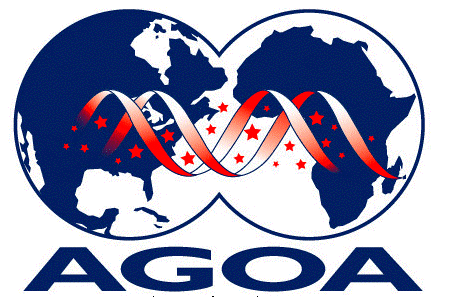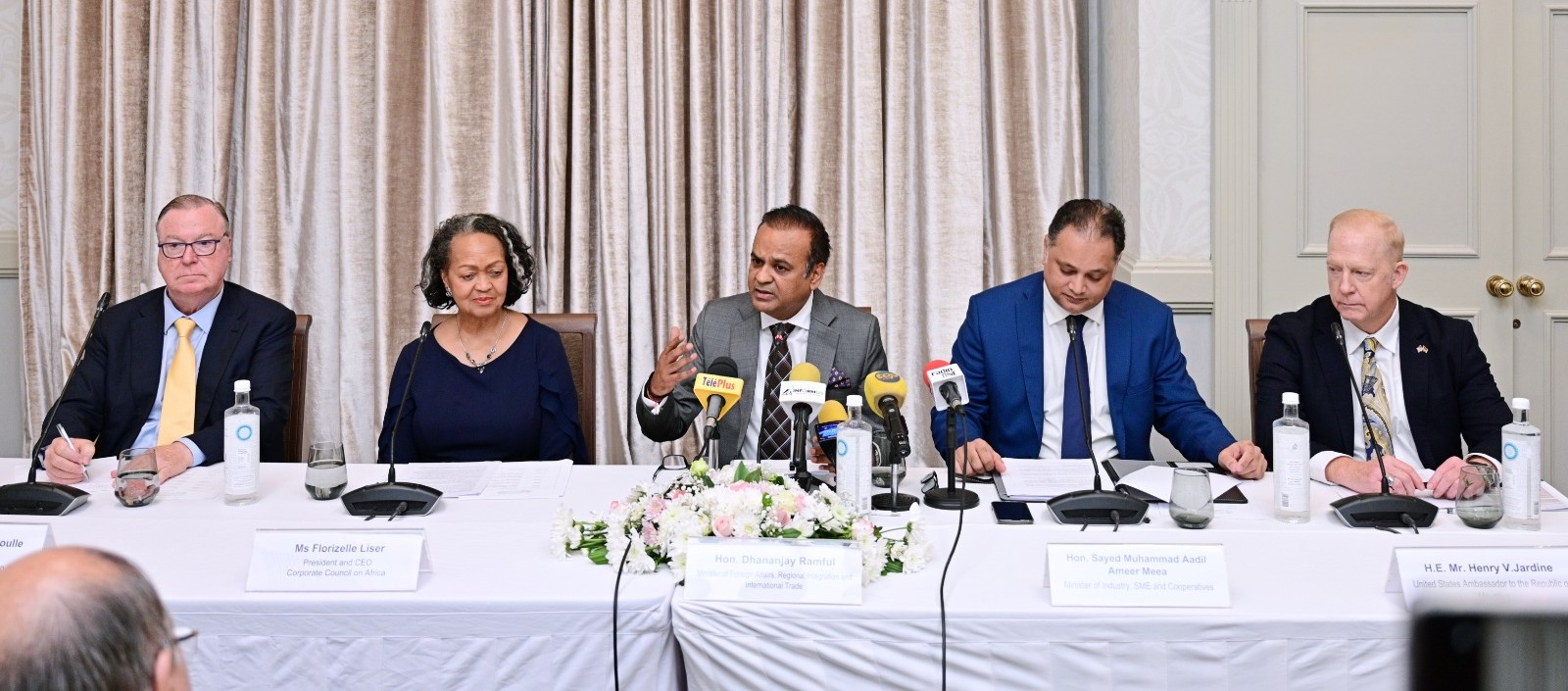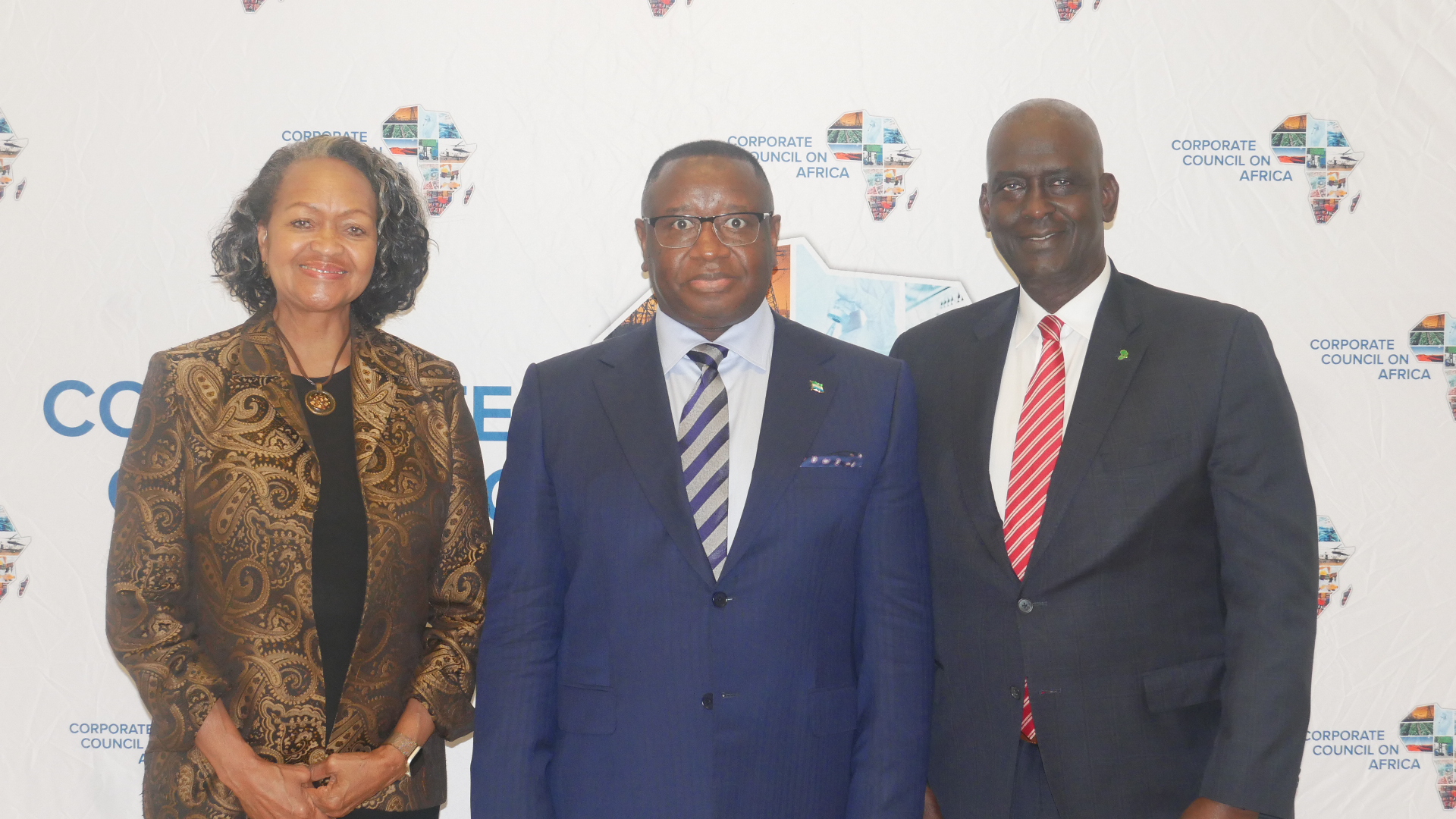U.S.-Africa Business Summit 2024: Closing Plenary: Partnering to Accelerate Africa’s Industrialization
.avif)
On Thursday, May 9th, the closing plenary session featured distinguished guests from diverse backgrounds around the theme of accelerating Africa industrialization through partnership, innovation, and effective allocation of resources to enhance Africa’s economic transformation. The session started with brilliant remarks from the President and Chair of the U.S Export-Import Bank, Hon. Reta Jo-Lewis, noting the signing of three historic deals with the country of Angola on developing infrastructure projects that will enhance the economic development of Angola. The deals comprised $907 million projects for two major solar facilities, a $360 million prefabricated bridge project, and a $42 million Gate Air project to help Angola communicate with 90 percent of the population. Hon. Reta Jo-Lewis noted the ardent desire of the Biden Administration to support clean, resilient, and sustainable infrastructure projects in Africa. The former Vice President of Nigeria, Prof. Yemi Osinbajo, stressed the need for Africa to leverage its comparative advantages, such as 40 percent of the world’s renewable energy potential, critical minerals deposits, and the young population. Indeed, he argued the need to restructure the global financial architecture to allow the African continent access to funds and help untap its resource potential. The managing director and head of Sub-Saharan Africa, Yvonne Ike, noted the strong political will of the Biden Administration to engage with Africa and partner with them for the development of projects via the Inflation Reduction Act. She stressed the need to develop more critical minerals on the ground to move on the supply chain. Furthermore, collaboration and partnership through finance to untap the potential the continent has to offer. The Chief of Corporate Services of IHS Nigeria, Dapo Otunla, stressed the importance of funds needed to close the infrastructure gap, restraining the development of critical sectors such as energy. Indeed, he mentioned the impact of Artificial Intelligence on the development of Africa. The Deputy CEO of the Casablanca Finance City Authority, Lamia Merzouki, noted the development challenges for Africa, such as political and macroeconomic instability, poor infrastructure, skill mismatch, etc. Furthermore, she argued the need for more financial centers across the continent consisting of banks, assurance, and credit rating agencies to help foster economic growth. She mentioned the presence of the Financial Center for Sustainability Network in Africa, which represents 80 percent of the world’s global equity market. Overall, the panelists’ conversation noted the need for more collaboration among stakeholders, innovative ideas to bring solutions to pressing issues, and untapped Africa potential.



